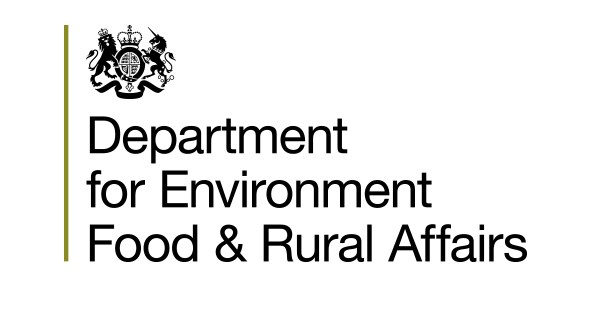When their contracts ran out on 31 March, the five who run the Campaign for the Farmed Environment (CFE) across the region may have to work fewer days and rely on funding from private sector partners. They are victims of DEFRA cutbacks made to meet the demands of chancellor George Osborne’s drive to reduce national spending.
The five are Tim Clarke, who coordinates CFE in Oxfordshire, Berkshire and Buckinghamshire; Prim Duplessis, who coordinates in East and West Sussex; Paul Cobb, who coordinates in Kent; Peter Thompson, who coordinates in Hampshire and the Isle of Wight; and Helen Theobald, the regional coordinator who also covers Surrey. All are associates of the Farming and Wildlife Advisory Group in the South East or work for the Game and Wildlife Conservation Trust, which is based in Hampshire.
CFE is an industry led partnership to improve the environmental condition of agricultural habitats and landscapes throughout lowland England. “A new national model is being developed by CFE headquarters in Stoneleigh, Warwickshire,” said Ms Theobald. “But we are likely to have just 25% of the funding we used to have from DEFRA. Roughly half of whatever is left will go on some of our own events for farmers, and half will go on streamlining the farmer led local liaison groups in the South East.”
Although the exact figures involved are confidential, a CFE document produced before the DEFRA cuts and looking ahead to what would happen beyond this year mentioned a DEFRA contribution of £390,600 a year – which is now very unlikely. “CFE partners are also clear that the campaign delivers on a range of DEFRA targets and therefore some level of central government funding is essential,” said the same document. “We have been mentioned by DEFRA in their recent pollinator strategy and in a lot of guides on greening the common agricultural policy,” said Ms Theobald. “They talk about us all the time but unfortunately they are not prepared to put their money where their mouths are.”
Both the Country Land and Business Association and the NFU provide hard support such as information technology, administration and Bethan Williams, the CFE’s national coordinator. Organisations such as the RSPB and wildlife trusts give soft support through promotion and suggesting case studies. The South East team also works with companies such as Kings Game Cover and Conservation Crops, Rutherfords, Bright Seeds and AGRII. As well as wildlife, more of the CFE work is focusing on soil and water, which has brought more contact with water companies. In future, Ms Theobald said she hoped some funding would some from these and others in the private sector.
Annual surveys have shown excellent results in some of the South East counties, particularly the longer established ones. They show an increase in what farmers have done voluntarily outside stewardship schemes on features such as skylark plots, field margins and field corners. In future, if the funding is forthcoming, Ms Theobald would like to work with research institutes and set up demonstration plots to show farmers how pollinators and beneficial insects interact with various crops. “Various PhD studies have been released examining the benefits from insects – such as moths in hedges,” she added.




